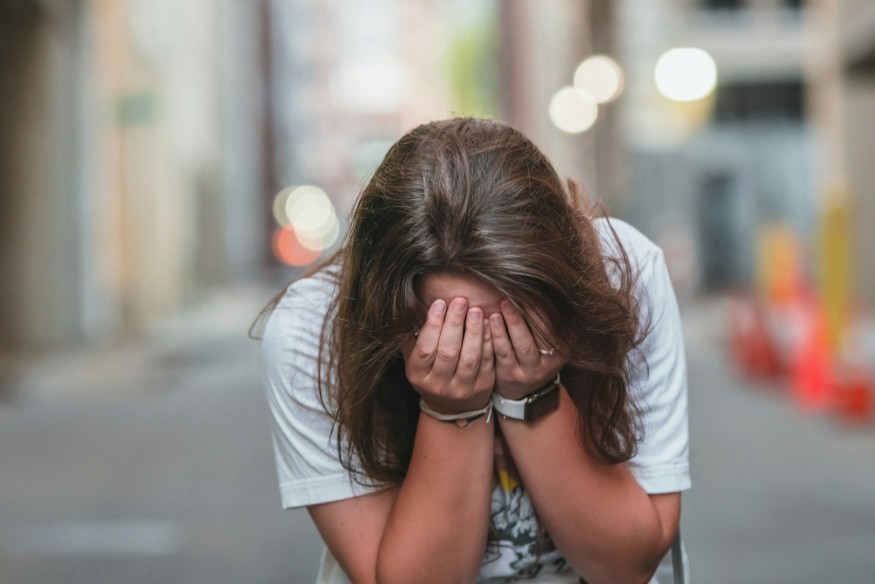
April 02, 2025 - 940 views
Thousands of music and sports fans in the UK fall victim to online ticket scams each year. Despite this, over half of UK consumers believe that social media is a safe place to buy tickets.
To combat this issue, Get Safe Online, along with North Wales Police and the office of North Wales Police and Crime Commissioner Andy Dunbobbin, is launching a campaign to provide expert advice on safe online ticket purchasing.
Tony Neate, CEO at Get Safe Online commented: “You wouldn’t pay a stranger in a pub up-front for a concert or sports ticket, so why do it online? When buying tickets on the internet never pay by bank transfer and stick to reputable platforms. And remember, if something seems too good to be true, however desperate you are to get hold of a ticket, it probably is.”
Andy Dunbobbin, Police and Crime Commissioner for North Wales, commented: “Combating cyber crime is a key part of my plan for fighting crime in North Wales and protecting the rights of consumers is very important to me. Scammers and fraudsters can use a variety of ways to part honest and trusting people from their hard-earned money and I hope this campaign from my office, Get Safe Online and North Wales Police will alert people to the dangers of ticket fraud and give them helpful advice on how to purchase products safely from reputable sources.”
Get Safe Online’s expert advice on booking tickets:
Consider that tickets advertised on any other source such as auction sites, social media and fan forums have a high chance of being fake or non-existent, however authentic the seller may seem and whether they’re advertised below, above or at face value.
Don’t be tempted to click on social media, text or email links or attachments offering tickets, as they could link to fraudulent or malware sites.
Paying for tickets by bank transfer – however much you want them – could result in losing money. It’s always best to pay by credit card, for additional protection.
Check sellers’ privacy and returns policies. Ensure the site offers a guarantee or consumer protection for peace of mind.
Double-check all details of purchases before confirming payment.
Before buying online, check that the page is genuine (carefully enter the address yourself, not from a link) and secure (‘https’ and a locked padlock), and log out when you’ve completed the transaction. You could check if a website is likely to be legitimate or fraudulent at www.getsafeonline.org/checkawebsite
Keep receipts until after the event so you have proof of purchase.
If also searching and booking accommodation, follow advice on doing so safely and securely, which can be found at: www.getsafeonline.org/personal/articles/holiday-and travel-booking
They advise against paying by bank transfer and recommend sticking to reputable platforms.








